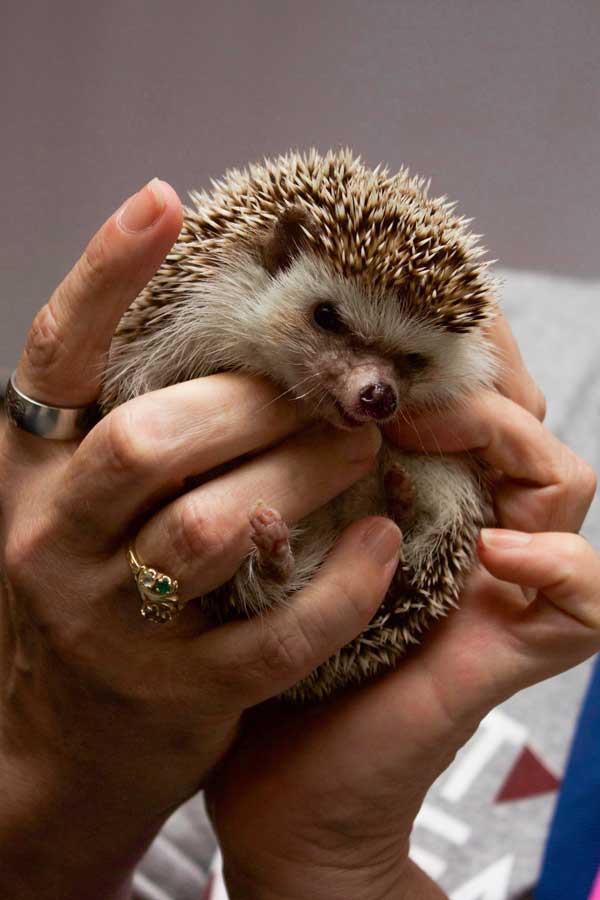
Pre-Veterinary Medicine
As a veterinarian, you’ll care for animals, large or small, to help keep them healthy and happy.
Why study pre-veterinary medicine at Pitt-Bradford?
Your first step to becoming a veterinarian is to get a bachelor’s degree. Most students major in biology, which will give you the opportunity to get many hands-on experiences as well as work closely with professors who are passionate teachers and professional scientists.
Getting veterinary-related experience is extremely important, and you’ll get many opportunities to get that hands-on experience. You can get internship credit by shadowing veterinarians at veterinary clinics, farms, zoos, wildlife parks or ranches. You also can intern at conservation-oriented agencies, state parks and other organizations, and volunteer at the local SPCA. You may also take summer field courses at Pymatuning Laboratory of Ecology on topics such as wildlife biology and reptiles and amphibians.
What will I learn?
You’ll learn the full range of biological topics from DNA and cells to whole animals and ecosystems. You learn how animals function and interact as well as the illnesses and diseases that can afflict them. Our strong curriculum is designed to prepare you for the rigors of veterinary school.
What can I do with a degree in pre-veterinary medicine?
All of these experiences as well as your coursework will prepare you for veterinary school. Also, our Pre-Health Professions Committee works with students applying to veterinary school, including giving them tips after conducting mock interviews.
Employers:
- Private practice
- Zoos
- Animal shelters
- Private or corporate clinics
- Public health services
- Wildlife protection services
Featured Courses
-
BIOL 1310
Animal PhysiologyThis course provides an introduction to animal structure and function. Basic mechanisms of physiology related to major systems will be covered, including neurobiology, endocrinology, movement, circulation, gas exchange, digestion, and ionic and osmotic balance. The course will use a comparative approach that emphasizes how physiological differences among species have evolved based upon the need for the animal to adapt to the environment. Three hours of lecture per week. Prerequisites BIOL 0101 and 0102. -
BIOL 1301
Animal BehaviorAn advanced study of the mechanisms, development, and functions of animal behaviors. We review the history of the study of animal behavior, and then examine various approaches to studying behavior, including genetics, neurobiology and endocrinology. We then look at animal survival mechanisms, like foraging, detecting prey, and using camouflage. Last, we cover interactions between animals: how they mate, raise their young, communicate, fight, and cooperate.